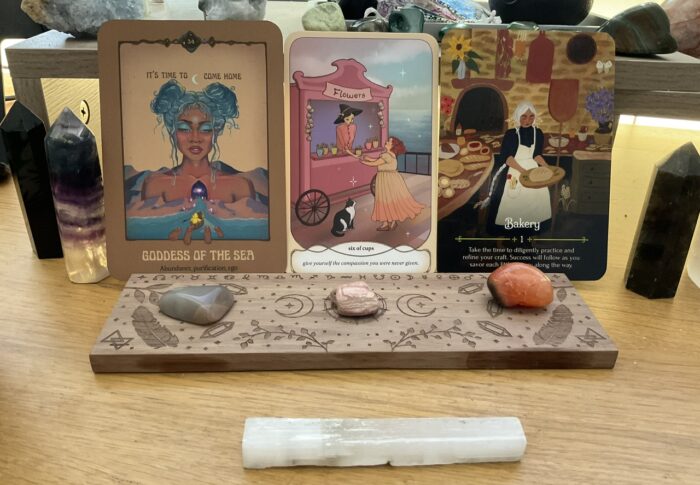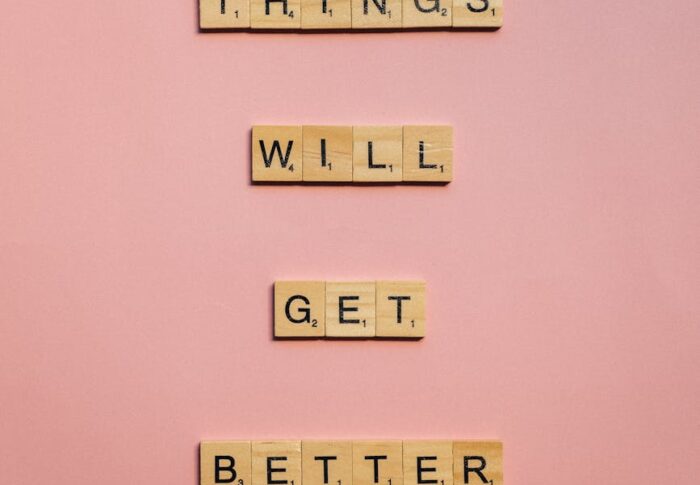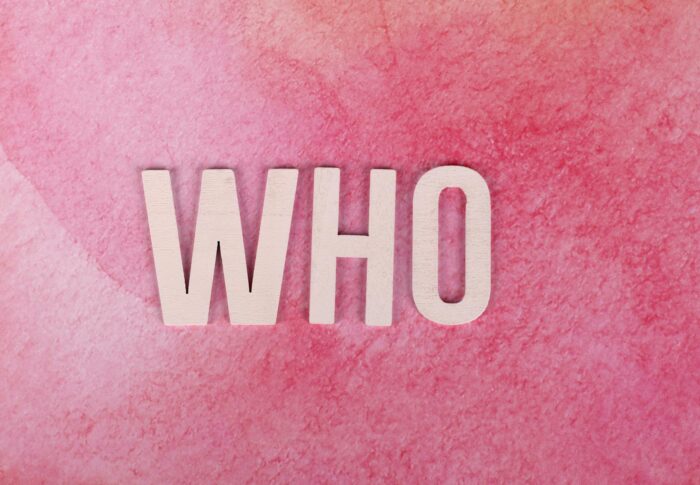
Eating Disorders – A Poor Body Image and Mental Health Crisis
Hi Musers, today we’re going to continue discussing where the two main elements of this blog, body acceptance/love and mental health, actually meet. If you’re talking about poor self-image and mental health problems, then it is impossible not to discuss the key example – eating disorders. I’m going to start with a disclaimer – I am not a doctor, psychiatrist, counsellor or eating disorder expert. I have never had an eating disorder myself. All the information in this post is based on research and the experiences of others. If you suspect you or someone you know may be suffering from an eating disorder, please, PLEASE seek medical help at once. You can get more information here.
Secondly, I’d like to give a trigger warning. I will be discussing the symptoms of an eating disorder as well as the experiences of sufferers. If you think this would be triggering for you, please don’t continue reading. Do come back soon though!
The Connection Between Depression and Eating Disorders
You might think, “of course there’s a connection! How can you be starving yourself and not feel sad or down!” Many people believe this because they don’t understand what depression is. Depression is not a case of the blues or feeling a little bummed out for a bit. It is a deep and debilitating sadness with a whole host of physical and mental symptoms. Depression is caused by a chemical imbalance in the brain, so there is a physiological cause.
Statistics
- A report by the National Association of Anorexia Nervosa and Associated Disorders (ANAD) found that as much as 50% of anorexia sufferers were also clinically depressed. This figure is even higher in those suffering from bulimia and binge eating disorders. They also found that when they treated the symptoms of depression, patients had higher success rates in overcoming their eating disorder.
- A 2008 University of Pittsburgh Medical Center study found that 24% of bipolar patients met the criteria for eating disorders, and 44% had trouble controlling their eating.
- The National Institute of Diabetes and Digestive and Kidney Diseases states that 3% of adults in America suffer from binge eating disorder – that’s almost 10 million people! Of those 10 million, as many as half suffer from depression.
- Two-thirds of people diagnosed with eating disorders also have anxiety disorders, with OCD being one of the most common.
It’s a lot to think about, isn’t it? It does make sense. A major anxiety symptom is feeling a lack of control, whether that’s over life in general or a particular aspect of it. In these circumstances, it’s understandable food intake is the one thing a person can control. Similarly, I tend to overeat when depressed. I use food as a crutch the same way others do with alcohol or drugs. I don’t have an eating disorder, but I have periods of disordered eating.
While the mental health issue typically occurs first, doctors suggest in some cases an eating disorder can cause mental illness due to malnutrition and the stress it places on the body.
Eating Disorder Symptoms
Anorexia
- Eating less and less to the point you may be eating nothing
- Exercising too much and feeling unable to take a break
- Thinking obsessively about calories and knowing the calories is everything
- Feeling panicked about eating in front of other people or having a big meal
- Feeling fat even though people tell you you’re too thin, this is body dysmorphia.
- Obsession with body image and comparing yourself to others
- Losing interest in anything other than food intake and exercise
- Depression, anxiety and irritability
- Using smoking, drugs or detox teas as an appetite suppressant
- Withdrawal from friends, families, and usual activities
Bulimia
- Bingeing and purging. You will eat vast quantities of food and then either throw up or take large numbers of laxatives to remove the food from your body
- The binge/purge cycle might be alternated with periods of dieting or fasting.
- Talking about dieting, calories, nutrition or weight so much that it dominates all your conversations.
- Exercising daily to burn increasing numbers of calories
- Using smoking, drugs or detox teas as an appetite suppressant
- Withdrawal from friends, families, and usual activities
- Exhaustion
- Rotten teeth and inflamed gums due to vomiting
Binge-eating disorder
- Eating huge amounts of food in a short time, such as over two hours
- Feeling that your eating is out of control
- Eating regardless of whether you’re hungry or not
- Eating very quickly while bingeing
- Bingeing until you’re uncomfortably full to the point of feeling sick or even being sick
- Frequently eating in secret
- Your eating habits make you feel depressed, disgusted, ashamed or guilty
- Frequent periods of dieting, often without successful weight loss
Other specified feeding and eating disorder (OSFED)
This is a pattern of eating and other behaviours that fit the criteria for an eating disorder diagnosis but doesn’t fit neatly into the boxes for anorexia, bulimia or binge-eating disorder. It is no less serious, though and needs treatment.
Eating Disorder Misconceptions
- Weight. Anorexia sufferers are usually painfully thin, but fat people can and do develop or too. It is a hideous truth that anyone who is not dangerously thin can struggle to access treatment. They are told to go away until it’s life-threatening. This must change.
- If you’re a “healthy” weight you don’t have an eating disorder. This, to me, is like high functioning depressives. I cope most of the time and seem ok but only because I sought treatment and am still on medication. As I’ve already explained, eating disorders are diagnosed by symptoms, not weight.
- Choice. Many people foolishly believe that sufferers choose their disorder. They don’t. It is an illness, and it is life-threatening.
- It’s a phase. Just. No. It’s is a deadly disorder that needs treatment. You do not “grow out of it” or “get over it.”
- Gender. Lots of people believe eating disorders are a female problem, but 25% of patients are male. It does not matter if you’re male, female, white, black, asian, young or old. Anyone can develop an eating disorder.
Please Get Help
I hope all I’ve written today has helped convince you of the serious nature of eating disorders and how vital treatment is to recovery. If you think anything I’ve written applies to you, please get help now. You don’t have to match all the symptoms. It doesn’t matter if you’re currently at a healthy weight. You are important, you matter, and you deserve to have a healthy relationship with food.
Love CMoo xx







